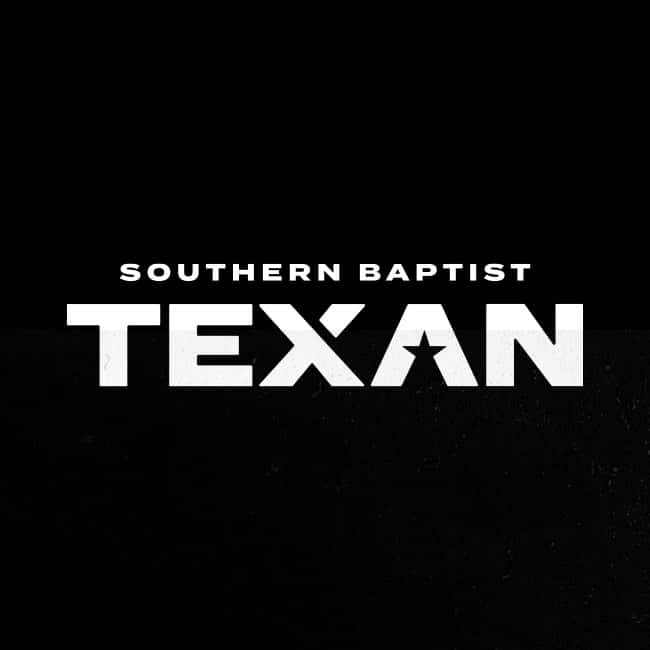|
Related Story: IMB trustees rescind action to remove trustee A formal document regulating International Mission Board trustee conduct and relationships is not intended to stifle honest differences among board members, a Texas trustee said after the IMB’s meeting in Tampa, Fla., March 20-22. Mike Smith, director of missions in the Dogwood Trails Association and chairman of the IMB’s orientation subcommittee, presented to the trustees the new policy, which passed with three dissents. The new, four-page guideline includes five areas: general responsibilities, specific responsibilities, legal status and duty, standards of conduct and disciplinary action. The document says trustees “are to refrain from speaking in disparaging terms about IMB personnel and fellow trustees” and that trustees “must refrain from public criticism of Board approved actions.” “We really got started on this two years ago, way before Wade Burleson or anything like that,” Smith told the Southern Baptist TEXAN in a phone interview March 23, referring to the Oklahoma trustee whose board status was in question until the board’s vote March 22 to rescind an earlier action requesting his removal. “We ourselves said we need something (drafted) in a concise way for being accountable when attending meetings and being faithful (as trustees).” IMB board chairman Tom Hatley said March 22 the policy governing trustee expression is a “very healthy guideline” which gives clarity to Burleson’s case. Burleson is pastor of Immanuel Baptist Church in Enid, Okla., past president of the Baptist General Convention of Oklahoma. The trustees’ action on Burleson came after a dispute over Burleson’s posting on his blog–kerussocharis.blogspot.com–during the board’s Jan. 9-11 meeting in Richmond, Va. The trustees claimed Burleson’s removal was necessary because of “issues involving broken trust and resistance to accountability, not Burleson’s opposition to policies recently enacted by the board,” Hatley stated in January. The board’s attempt to remove Burleson was apparently unprecedented among SBC agencies. He was elected to his first four-year term on the IMB in 2005. Burleson’s blog characterized the meeting and stated opposition to missionary personnel guidelines and policies which the trustees adopted during their Nov. 4-17 meeting in Huntsville, Ala. Trustees approved a guideline for IMB counselors to evaluate candidates’ baptism testimonies, and enacted a policy preventing appointment of those who practice “a private prayer language” which was described as “glossolalia (speaking in tongues).” Burleson, on his blog, contended the November actions were overly restrictive, even among some Baptists who hold to the inerrancy of Scripture. He voted against the measure. Hatley told the Florida Baptist Witness he believed the board’s new trustee guideline stops short of prohibiting disagreement among board members before a policy is enacted, but addresses the dissemination of information regarding the disagreement to the public. “To take … something [after it] has been voted in and then to go public and try in impugn the motives of the ones who passed it or criticize the document itself is going to undermine the ability of the organization to get its work done,” Hatley said. Smith told the TEXAN the adoption of the new guideline “is a learning process for a lot of us” and provides some needed in-house accountability for trustees. “It’s the same thing I’ve said for 17 years as a pastor and 18 as a DOM: Certainly there’s room for disagreement that’s healthy and any kind of debate when you are in the family,” Smith said. “When you are in that arena, when you are in the board room, have the discussion then. But once the decision has been made by the body as a whole, we ought to go out with a supportive front before the people.” “It’s the same thing I used to tell my people. There’s nothing wrong with us disagreeing in here in the business meeting. But when we go out to the world and everywhere else, though I may not agree with this or I may not think that way, I want to support the body,” Smith continued. “No, we’re not saying no one can disagree or even express that they do no go along with (a decision), we just do not want continuous open criticism.” Smith said the new guideline provides an accountability framework that might have helped trustees avoid the Burleson controversy. During trustee debate March 22, Oklahoma trustee Rick Thompson asked: “Can you ever imagine a scenario that the board approves something that you believe wholeheartedly is outside of the parameters of Scripture and even though you have argued against that board approved policy, you feel in your heart that it is outside Scripture, do you then feel as if this policy would be overly assertive on your ability to communicate to others your personal feelings to what you had a conviction about based on Scripture?” Florida trustee Ken Whitten responded that he would either support the policy or have a “personal choice to make rather than being critical or slandering” anyone. He later cited Matthew 18 as the biblical way to handle disagreement. Trustee Jerry Corbaley of California, reminded trustees that once a policy is approved, although trustees may not publicity criticize it outside of the board, there is a process within the board to reconsider policies. “I think that that is sufficient to deal with all of our doctrinal concerns,” Corbaley said. “Whatever the board has done in one session can be at that next session improved.” Under the trustee “Standards of Conduct” approved in the policy, individual trustees are to “refrain from public criticism of Board approved actions.” The policy says: “[I]t is not possible to draw fine lines in this area. Freedom of expression must give way to the imperative that the work of the Kingdom not be placed at risk by publicly airing differences with the board.” Trustee Allen McWhite from South Carolina in the morning meeting March 22 spoke against the recommendation of the final policy related to the “Standards of Conduct.” “My concern is understanding that we must trust each other as trustees,” McWhite said. “My position of trust is to the [Southern Baptist] Convention.” John Schaefer, a trustee from Georgia, said he believes there are numerous opportunities for board members to disagree and suggested once a policy has been voted in a trustee’s “personal opinion or preference or concern does not go to the head of the line” and trustees should count the cost of their disagreement to the 5,000 missionaries in the field. Burleson affirmed March 22 that he was one of the three trustees who voted against the new policy. Though Burleson did not participate in the open discussion of the policy during the plenary sessions, he told the Witness later he did make immediate changes to his blog. “In full compliance with new policies there we be no criticism of any board decision and I’ve disabled the comment section [of the blog],” Burleson said. “No feedback.” As to whether he will resign from the board given the new policy, Burleson said he would reserve an opinion until hearing from IMB missionaries.
|







